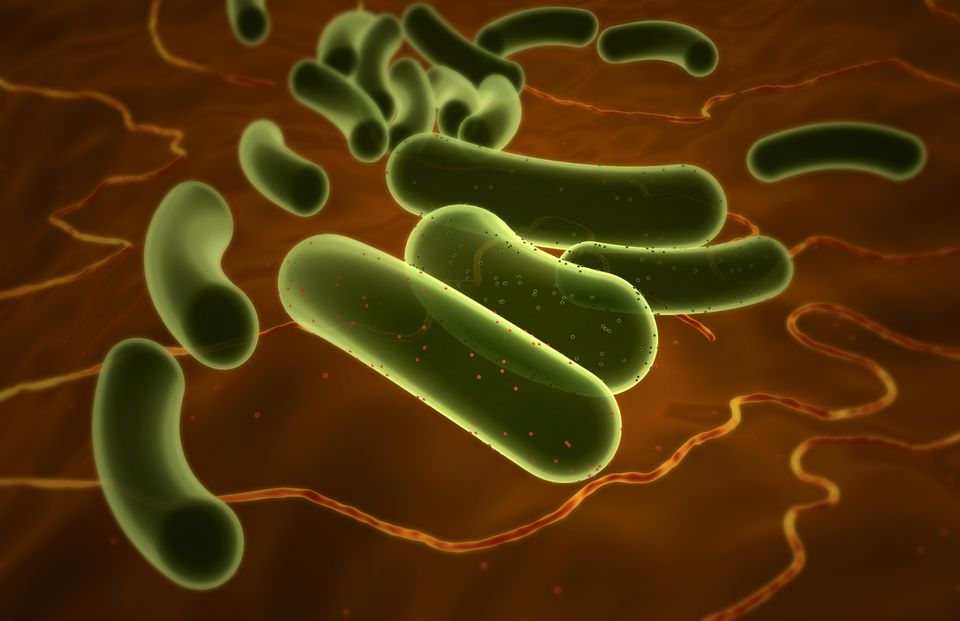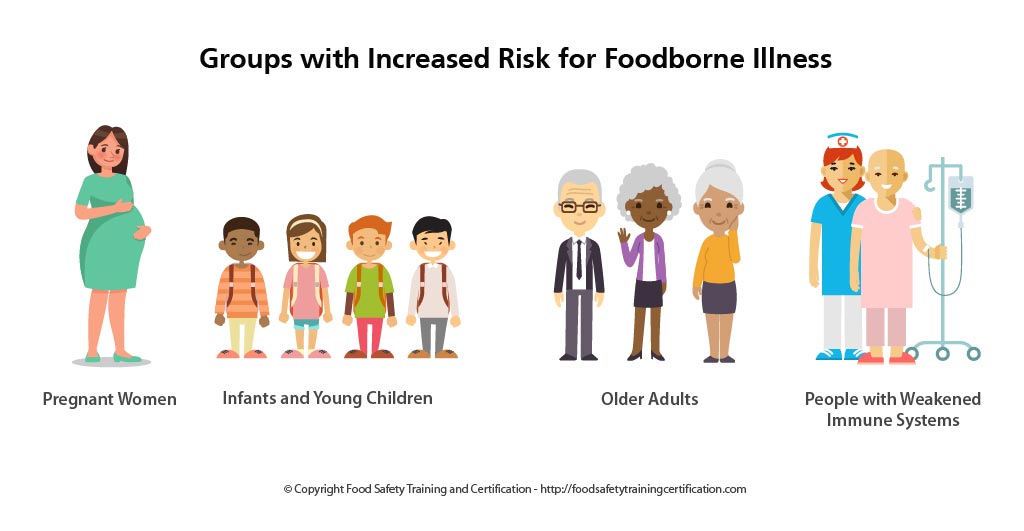With each holiday season, hundreds of people in the Midwest are sickened after eating a holiday favorite – steak tartare – also know as “cannibal sandwiches” or “tiger meat”.
This dish of raw ground beef and raw eggs seasoned with spices and onions is especially popular in communities with large populations of German immigrants. The “tiger meat” presentation of this dish is served alongside crackers, while the “cannibal sandwich” is served on rye bread.
No matter how it is served, eating raw or undercooked ground beef and eggs poses a health risk to people and an even greater health risk for individuals with reduced immune systems.



Why is it Unsafe to Eat Raw Ground Beef?
Eating raw or undercooked ground beef is dangerous because it may contain harmful bacteria. When beef is ground, bacteria from its surface are mixed throughout the meat as it is chopped into tiny pieces. That means ground beef—and all other ground meats, must be cooked all the way through in order to kill the bacteria.
- Learn about proper hygiene, cross contamination, cold and hot food safety, foodborne pathogens, and best practices to prevent foodborne illness.
- Food Manager Training & ANSI Certification - $99.00
- Food Handler Training - only $7.00!
- HACCP Training: 16hr/4hr/1hr
- Food Allergy Training - $15.00
- Enter Promo "train10off" at Checkout
Eating raw beef or even rare cooked beef can potentially make you very sick. To be sure that all bacteria are destroyed, cook all dishes containing ground beef to 160 °F. The only way to tell if the temperature is right is with a food thermometer. Color is not an accurate indicator that ground beef is fully cooked.
Some people can get a foodborne illness, also known as “food poisoning”, and not even know they have it. Food poisoning is caused by eating foods that are contaminated.



Why is it Unsafe to Eat Raw Eggs?
As with all dishes containing egg, Salmonella bacteria are a concern. You cannot tell if an egg contains Salmonella. In fact, the bacterium has been found inside even a clean, unbroken egg. The bacteria can be found both on the outside and the inside of the shell. This means that just washing the egg does not remove the risk of foodborne illness. To be sure you do not get ill, eggs and egg dishes should be cooked to 160 °F.



Raw & Undercooked Ground Beef – Bacteria Dangers
Eating undercooked ground beef is one of the main causes of food illness. Most food illnesses are caused by eating foods that have certain types of bacteria or viruses. When you eat these foods, the bacteria keeps growing in your digestive tract. This causes an infection.
E. Coli
Escherichia coli (abbreviated as E. coli) are bacteria found in the environment, foods, and intestines of people and animals. Raw ground beef can be contaminated with bacteria like E.coli. Two of the most common ways to be infected with E. coli are by handling raw ground beef without washing your hands afterwards and by eating ground beef that is undercooked.
Symptoms typically develop 3 – 5 days after eating the contaminated food, with abdominal pain and watery diarrhea predominating. Fever is usually absent. Most people recover in 7 – 10 days.
A small percentage (5 – 10%) of people with E. coli develop a potentially life-threatening complication known as hemolytic uremic syndrome. The condition occurs when bacterial toxins trigger destruction of circulating red blood cells and sudden kidney failure.



Salmonella
The term Salmonella refers to a group of bacteria that cause Salmonella infection, or salmonellosis.
Salmonella is a bacteria that can inhabit the digestive tract of cattle without causing illness in the animals.
Salmonella poisoning is often linked to contaminated water or foods, especially meat, poultry, and eggs. Symptoms include abdominal cramps, diarrhea, and vomiting, which tend to appear 12 to 72 hours after infection.
Most people recover after 4 to 7 days without treatment, but a person with severe diarrhea may need hospital treatment.



Food Illness: High Risk Groups
Eating raw beef poses potentially serious health risks for certain groups, particularly:
- young children,
- pregnant women,
- seniors, and
- people with a chronic illness or weakened immune system — such as those with HIV/AIDS or being treated for cancer, and organ transplant recipients.



Summary
If steak tartare, cannibal sandwiches, or tiger meat are a tradition in your home, try this safe alternative: cook the ground beef with the same spices and toppings, until it reaches 160°F, and serve it on top of bread or crackers. You may be surprised to find that it tastes better when cooked! Not to mention, you won’t be risking a trip to the hospital with every mouthful.
If you decide to eat raw beef and develop any signs or symptoms of a foodborne illness, seek immediate medical care.






